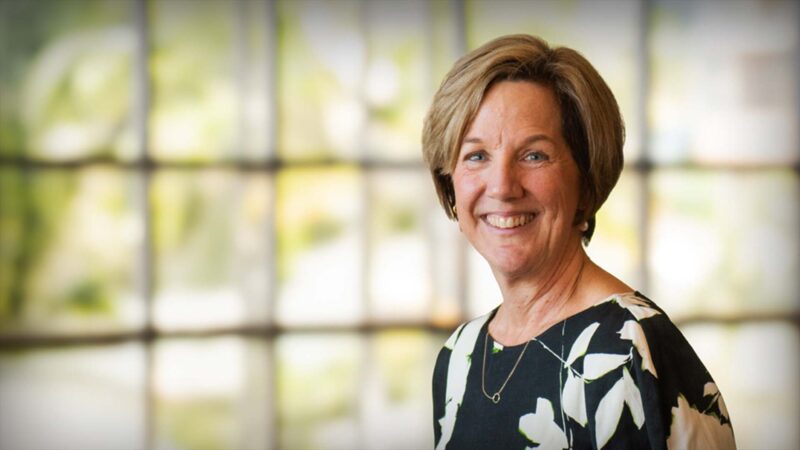EMERGING RESEARCHER APPOINTED TO JAMES PACKER CHAIR IN MOOD DISORDERS AT UNSW Joins department with over 60 years research in Psychiatry and Mental Health to investigate Bipolar Disorder
The UNSW Discipline of Psychiatry and Mental Health is widely renowned as the pre-eminent psychiatry research department in the country and one of the leading university psychiatry research groups internationally. In 2023 it celebrated 60 Years of Psychiatry & Mental Health at UNSW Sydney.
Australian Health Journal spoke with Professor Kimberlie Dean, Head of the Discipline of Psychiatry and Mental Health at UNSW Sydney, about the recent appointment of mental health disorders expert and clinician researcher Dr Aswin Ratheesh to lead the James Packer Chair in Mood Disorders at UNSW Sydney.
Professor Dean spoke about UNSW being home to an outstanding mental health research community with key partners across the Mindgardens Neuroscience Network, welcoming Dr Ratheesh
As a leading clinical researcher in mood and psychotic disorders, Dr Ratheesh is passionate about prompt and early access to interventions for people with such conditions.
The appointment comes after prominent businessman and investor James Packer, jointly with The Packer Family Foundation, made a $7 million gift to establish the role last year.
The Chair will lead a new unit at UNSW and the Mindgardens Neuroscience Network that will conduct rigorous research in mental health, with a particular focus on mood disorders such as bipolar disease. The gift also funds a team of researchers to support the Chair.
Dr Ratheesh’s research is focused on understanding pathways leading to the onset of mood disorders and finding ways to provide effective treatments for individuals who develop such conditions. He has worked as a psychiatrist for over 12 years both in youth and adult mental health settings and has led several studies that have helped identify risk markers for future bipolar disorder.
He believes some of the current knowledge gaps in mood disorders include our ability to predict who will develop such conditions, who is at risk of worsening, and who will respond to specific treatments.
Dr Ratheesh currently leads an NHMRC Partnership grant in early intervention for bipolar disorder and is a chief investigator on a Centre of Research Excellence grant in early intervention for bipolar disorder. He co-leads the International Society of Bipolar Disorders Taskforce on Early Intervention and is an Associate Editor for the leading journal, the Australian and New Zealand Journal of Psychiatry. He has received awards from the International Early Psychosis Association and the Australasian Society for Bipolar and Depressive Disorders for his research.
You Might also like
-
Interventional radiologists offer alternative to hysterectomy
In Australia in the last five years, an estimated 6066 women per year have undergone hysterectomies to treat fibroid-related diseases, while just 145 women each year have undergone a uterine artery embolisation, or UAE.
The procedure can effectively treat the majority of bleeding uterine fibroids. Each year, thousands of Australian women undergo invasive and life-altering hysterectomies to treat debilitating pain and blood loss caused by uterine fibroids. But there’s another option: a minimally invasive, pin-hole procedure that treats the symptoms, yet leaves the uterus intact.
-
The desire for primary care nurses to do more, be recognised and valued for the work they do
Denise Lyons is a highly experienced nurse with over 40 years in the profession, including more than 25 years dedicated to primary care. She earned her Bachelor of Science in Nursing in the United States in 1985 and, in 2012, became an endorsed Nurse Practitioner in Australia. Currently, she serves as a primary care Nurse Practitioner in General Practice in Newcastle, where she is committed to delivering high-quality, patient-centred care that improves the health and wellbeing of her community.
-
World first in rural and remote nursing
In March 2023, the Australian Government released the National Rural and Remote Nursing Generalist Framework 2023–2027. The Framework is a world first and describes the unique context of practice and core capabilities for rural and remote Registered Nurses in Australia.
The Framework was developed by the Office of the National Rural Health Commissioner and Australian Health Journal spoke with National Rural Health Commissioner, Adjunct Professor Ruth Stewart, and Deputy National Rural Health Commissioner – Nursing and Midwifery, Adjunct Professor Shelley Nowlan, on the importance of rural and remote nursing and of the Framework itself.



